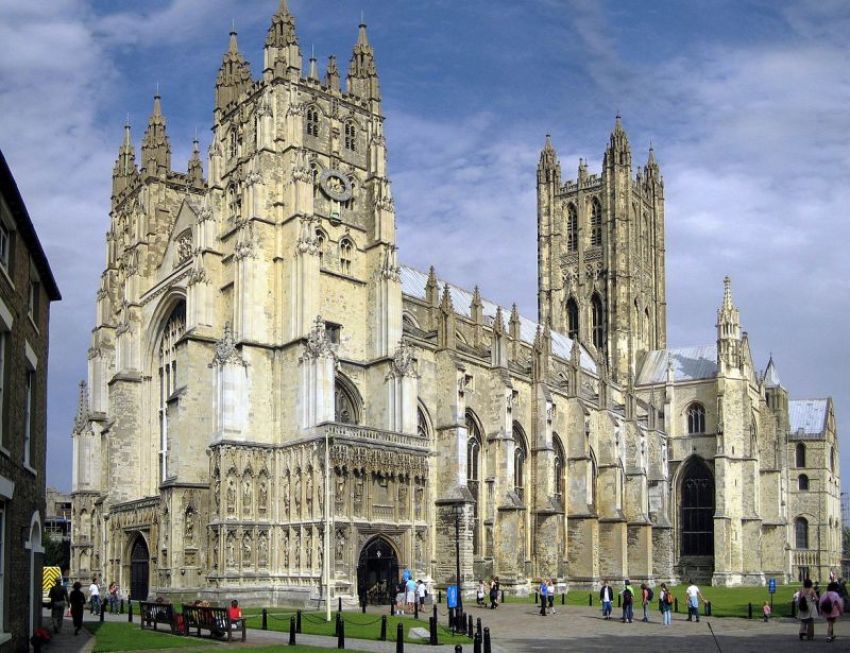Church of England Clarifies It Will Not Abolish Holy Trinity Doctrine; Says Blog Entry Was Satire

The Church of England has released a statement clarifying that a recent blog entry claiming they were going to abolish the Doctrine of the Holy Trinity was satirical.
Late last month, the website Rebel Priest published a satirical piece by its owner, Jules Gomes, titled "Church of England's Synod may abolish Holy Trinity to include Muslims."
In a statement released on Wednesday, the Church of England posted a clarification as to the nature of the blog post in question.
"Apparently some commentators appear not to have realised the author intended it to be a joke. For the avoidance of doubt, this article is entirely without basis of fact, and is published marked as 'satire,'" stated the church body. "The Church of England remains fully committed to the doctrine of the Trinity."
The Church of England also provided a link to its General Synod agenda, which does not include any measures to abolish belief in the Holy Trinity.
Published June 26, the satire claims that the Church's General Synod will debate a proposed measure to ban the Doctrine of the Trinity in order to appeal to Muslims.
It appears to be in response to the dialogues officials within the Church of England have been having with the nation's growing Islamic population and to Muslim leaders abroad.
The satire piece says the measure came from Bishop Josie-Josiah Jimplecute, labeled the Church's first "openly transgender bishop" who teaches a "course for Christians wanting to become Muslims."
The piece also provides a fictional quote by Archbishop of Canterbury Justin Welby, claiming that he supported the measure.
"It wasn't dry academic theology and hair-splitting biblical exegesis, but all those delicious Iftar meals at Lambeth Palace and Southwark Cathedral that brought me closer to my Muslim siblings and resulted in a real change of heart. I'm a bit like Esau," read the fictional Welby quote.
The piece has been posted elsewhere online, and some have commented that the fact that the Church of England had to issue a clarification "speaks volumes" about the direction of the church body.



























